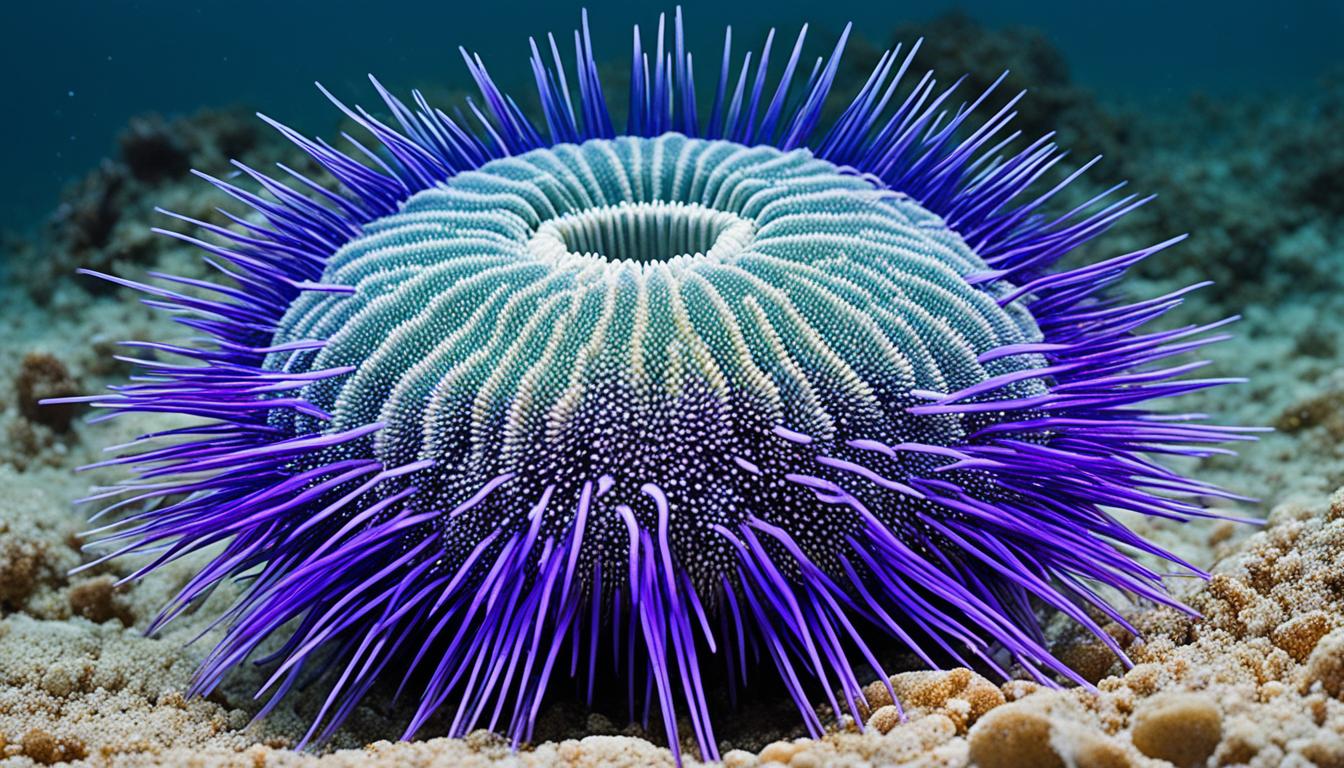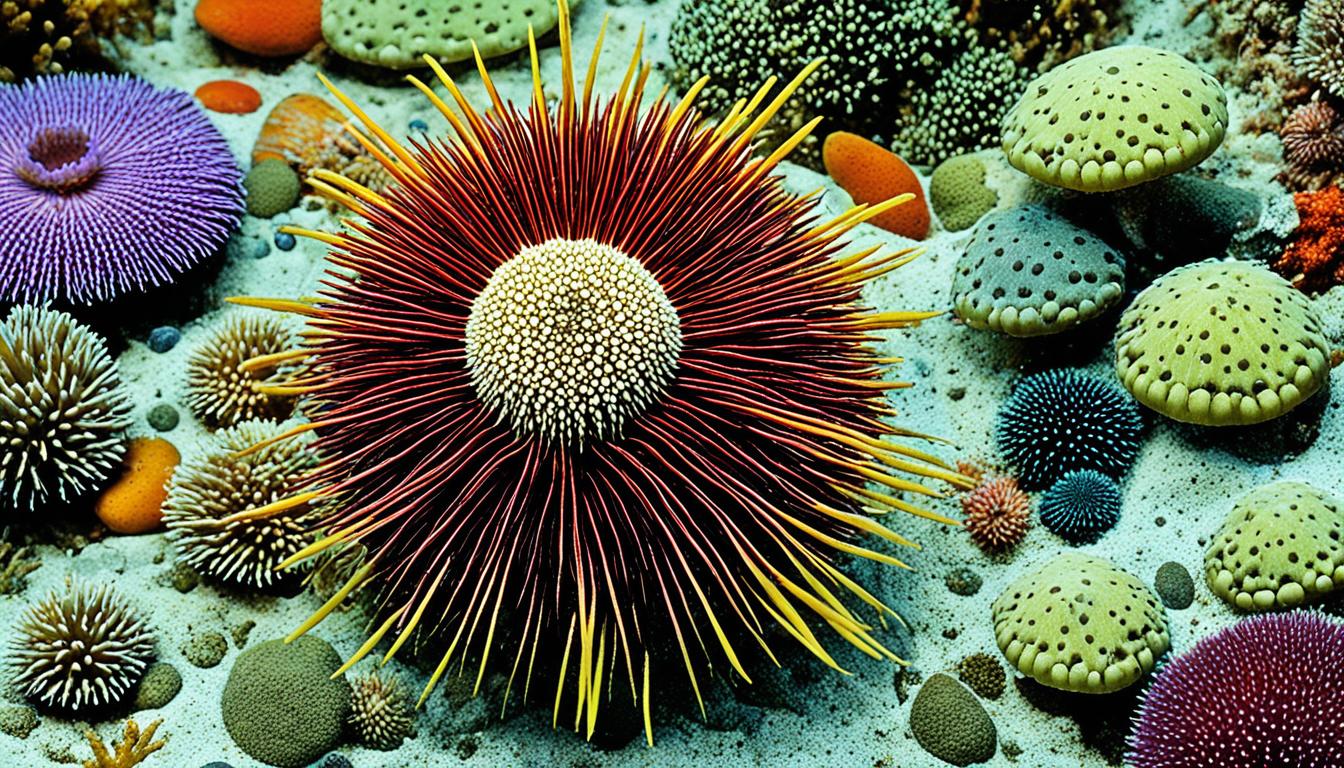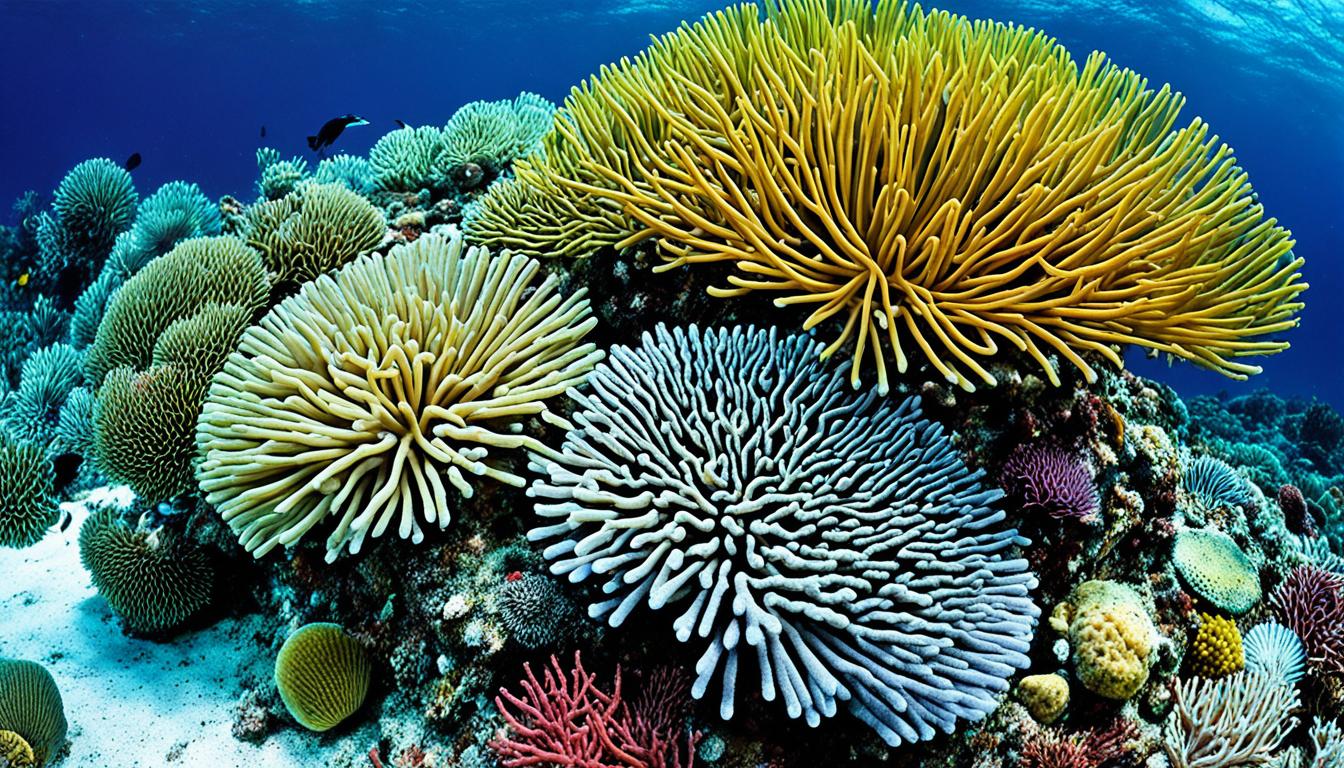If a raccoon is cornered or startled by a dog then it will fight back or at least hold its ground. However, raccoons would rather just avoid dogs where they can.
Why Are Raccoons Afraid Of Dogs?

Generally, a raccoon will be out-sized by a dog – and no wild animal wants to get injured. Therefore most raccoons try real hard to avoid coming face to face with dogs. It limits the chances of getting caught out (or killed). Whether they are raiding bins, chicken coops, or veg plots – they will usually run away if they have the chance. Who wouldn’t?
Most humans aren’t afraid of dogs either – unless we are in the wrong and we have made the dog angry! Same with raccoons. If they come across a happy friendly dog in a garden – and there’s food and fun to be had – some raccoons will take that chance. Bold animals sometimes get a good deal as free food and friendly hosts can easily reap rewards. Tasty cat or dog chow treats, and fresh eggs are better than hiding out in trees with an empty tummy.
Dogs also mean humans – and raccoons are smart enough to remember that: they have a great memory. If they ever had dogs bark or chase them before – they know the story. Barking = Lights on; humans shouting; and maybe even gunshots. They have learned by association what dogs mean -even if they have never been attacked by one before – so they don’t stick around.
Will A Raccoon Attack A Dog?
Raccoons are quite sassy and won’t cower away in a corner if threatened. If they are trapped or the dog attacks them first – they will most certainly fight back. Attacking the dog might be their only way of getting away in one piece – and they have the tools and agility to put up a great fight too.
With razor-sharp claws and impressive teeth – they can severely wound a dog for sure. There are stories of crazed raccoons actively attacking dogs – but this would usually only be where the raccoon has nothing to lose. Hunger, fear, and having pups can make a raccoon think and plan differently and take different risks – so never assume all raccoons will run away.
Running away usually happens in people-places where the dogs ‘own’ the land – but out in their own home range – raccoons may be the ones to defend their territory. Especially if they have pups or a good food source that they want to protect.
There is hot debate online as to who would win between a dog and a raccoon – but if you believe what you read online – it’s 50/50. Not actual odds…
Will A Raccoon Attack A Human?
Similarly – a raccoon won’t usually go out of its way to attack a human. They tend to avoid humans where they can – especially in the wild. Humans do often mean food though – so there is always that connection between the two.
We know that when cornered raccoons go for the all-or-nothing tactic – so there is a good chance of getting attacked by a raccoon as their means of defense. There is also the chance of it attacking a human as direct competition – say for food. By attack – it would make a strikeout rather than a full-on sustained attack.
If you watch videos of defensive raccoons – they always have one eye on the way out – or nearest tree. They tend to posture more than actually make contact and they back off – moving in the direction they need for escape while keeping eye contact. They’re very intelligent and always planning their next move.
Do Dogs Share Any Genetic Similarities with Wolves?
Dogs and wolves share striking wolves and dogs genetic similarities, as they both belong to the Canidae family. Genetically, they are incredibly similar, with up to 99.9% of their DNA being identical. This explains various physical and behavioral resemblances between them, underscoring their shared evolutionary origin.
How Do You Scare Off Raccoons?
Scaring off intruding raccoons – usually with noise – is done more as a deterrent than anything. You need to stop them from approaching. If raccoons feel under threat – they will leave anyway.
However, if the reason they came is still strong – say food – they might put up a bit of a fight for it. They would be aware of food and want to try their luck – put on a bit of pressure and see if they can grab the food anyway?
Apart from investing in a couple of giant dogs to protect your yard – you could also use strong smells – like cinnamon and hot pepper – to try to scare them off and stop them from returning to your yard. These only work of course if you have made safe everything else that will attract them in the first place. The negative must outweigh the positive otherwise you will never win.









